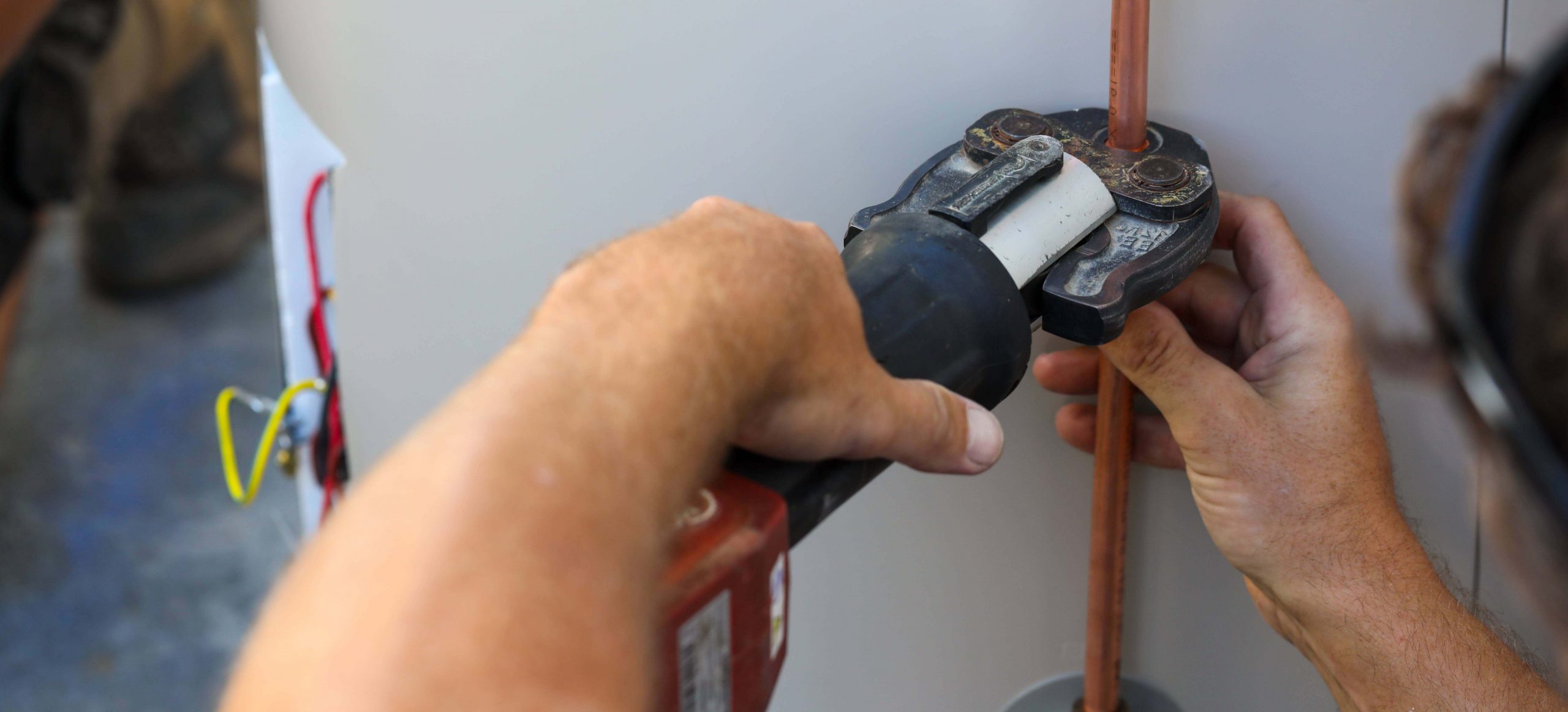Ways to Cope with the Major Hot Water Heater Urgencies
Ways to Cope with the Major Hot Water Heater Urgencies
Blog Article
Here below you'll find more good expertise all about Common Hot Water Heater Problems.

A water heater is among one of the most important basic home appliances that can be discovered in a home. With water heaters, you don't require to undergo the tension of home heating water manually every single time there is a requirement to take a bath, wash, or the dishes. There is always a possibility that your water heating unit would act up as with most mechanical tools.
It is very important to keep in mind any type of little malfunction as well as tackle it quickly prior to things get out of hand. The majority of times, your water heater begins to malfunction when there is an accumulation of debris as a result of continual use. As a safety measure, routine flushing of your hot water heater is advised to stop sediment build-up as well as stop useful failure.
Common hot water heater emergencies and just how to handle them
Too little warm water
It might be that the water heating system can not sustain the hot water demand for your apartment. You might update your water heating unit to one with a bigger capability.
Varying water temperature.
Your water heater can begin generating water of various temperature levels generally ice cold or hot hot. In this scenario, the first thing you do is to ensure that the temperature is set to the wanted level. If after doing this, the water temperature level keeps changing throughout showers or various other activities, you could have a malfunctioning thermostat. There may be a need to change either the thermostat or the heating system of your water heater.
Leaking hot water heater container.
A leaking storage tank could be an indicator of rust. It can create damages to the floor, wall surface and electrical gadgets around it. You can even go to danger of having your home flooded. In this scenario, you need to shut off your water heater, allow it to cool off, as well as very carefully search for the resource of the problem. At times, all you require to do is to tighten a couple of screws or pipe links in cases of minor leakages. If this doesn't work and the leak lingers, you could need to employ the solutions of a professional for a proper replacement.
Discolored or odiferous water
When this takes place, you need to understand if the issue is from the storage tank or the water source. If there is no amusing smell when you run cold water, then you are certain that it is your water heater that is defective. The stinky water can be created by corrosion or the buildup of germs or debris in the water heater storage tank.
Final thought
Some home owners disregard little caution as well as minor faults in their water heater system. This only brings about more damage and a feasible complete break down of your device. You need to deal with your hot water heater mistakes as quickly as they come near stay clear of even more expenditures and also unneeded emergency problems.
With water heating units, you don't require to go with the anxiety of heating water manually every time there is a need to take a bath, do the laundry, or the recipes. It might be that the water heating unit can't sustain the hot water need for your apartment. Your water heater might start creating water of different temperatures typically ice chilly or scalding warm. If there is no funny scent when you run chilly water, after that you are certain that it is your water heating unit that is defective. The stinky water can be triggered by rust or the build-up of microorganisms or debris in the water heater storage tank.
Common Water Heater Issues and What You Should Do
What Type of Water Heater Do You Have?
Before we begin it’s first important that you identify the type of water heater you have on your property. There are two main types of water heaters out there: conventional and high efficiency.
Both of these types of products typically use either gas or electricity to heat power. There are also solar water heaters that use a thermal collector on the roof or yard to heat the water.
While these models are not as common, they can cut heating costs in half. In this article, we will focus on conventional and high efficiency.
How Do My Electric and Gas Water Heater Work?
Though they look similar, electric and gas water heaters work very differently. It’s important to know their basic function because often problems can be specific to the heating source.
In the electric model, a thermostat on the side of the machine detects the temperature of the water in the tank. When the temperature needs to rise electricity flows to a heating element suspended in the water.
Gas models also use a thermostat device — typically with a mercury sensor at the tip and an additional sensor called a thermocouple. The thermocouple detects whether the pilot light is on and controls the flow of gas.
When the thermostat drops below the appropriate level gas is released which becomes ignited by the pilot light. The flame heats the bottom of the water tank which causes hot water to rise and cold water to drop.
This natural circulation continues until the water reaches the desired temperature. Then, the thermostat triggers the gas control valve to shut off the flow of gas.
What Are the Most Common Issues and How Do You Fix Them?
https://happyhiller.com/blog/common-water-heater-issues-and-what-you-should-do/

As a fervent reader about Is Your Water Heater Leaking?, I thought sharing that editorial was really helpful. For those who liked our article please be sure to share it. Thank you for your time spent reading it.
Try Here Report this page